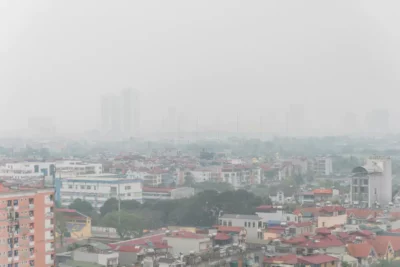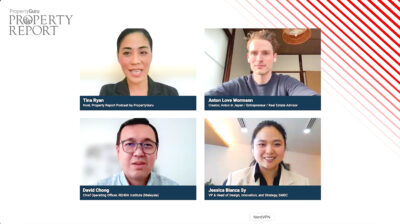Co-living startup COVE charges 45% lower than regular market rate
Each month, tenants only have to pay around SGD1,700 (USD1,259)

COVE, a co-living space in Singapore, revealed that they charge an average of SGD 1,700 monthly, which costs about six percent lower than a flatshare and 45.51 percent lower than a studio apartment, reported Singapore Business Review.
The co-living startup has developed a business plan that enables them to offer cheaper prices, with an all-inclusive fee that covers the furnishing, wifi-connection, utilities, cleaning supplies, and weekly housekeeping.
“The main pain points that we’re trying to solve is the question of affordability. People, especially the 20s, cannot afford to buy a house or an apartment anymore,” explained the co-founder and CEO of Cove Guillaume Castagne.
“We’re trying to solve the affordability crisis, where people actually have more rent, smaller spaces, and more customised to their needs because potentially they only need a room.”
More: Shared living: A ‘logical’ trend in Asia
Castagne also said that renting an apartment can be overwhelming, from searching for the perfect place in several websites to communicating with several agents. But with COVE, potential tenants can simply book a place and pay online.
Through their new platform, tenants can use the 3D tools to choose the furnishings and design of the new place.
Last September, COVE acquired SGD2.72 million in a seed funding session led by Venturra Capital, Investigate, Yuj Ventures, and Picus Capital.
Raditya Pramana, partner at Venturra Capital, said that he saw great potential in COVE and the future of co-living spaces.
“Our investment mandate has to always invest in high growth companies all around Southeast Asia. And for COVE, their aspiration is to create a co-living brand that is uniform with six major countries in Southeast Asia, starting from Singapore. They will be slowly expanding to the other market very soon,” said Pramana.
Recommended
Bangkok’s luxury real estate flourishes amid economic challenges
New luxury mega projects boost the top end of Bangkok’s market, but stagnancy reigns elsewhere due to weak liquidity and slow economic growth
Investors shift focus to suburban and regional markets as Australian urban housing prices surge
Investors are gravitating to suburban areas and overlooked towns as Australia’s alpha cities see skyrocketing demand and prices
Hanoi’s air pollution crisis: Balancing urban growth with environmental sustainability
Hanoi’s worsening annual toxic smog is highlighting the pressures of balancing sustainability with rapid economic growth
U.S. tariffs pose challenges to China’s housing market amid economic slowdown
Escalating US tariffs are expected to strain China’s slowing economic growth and dampen buyer confidence, creating trouble for the country’s housing market







